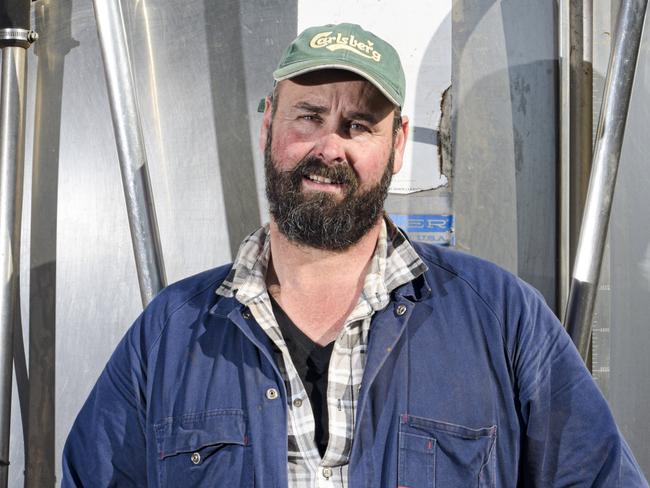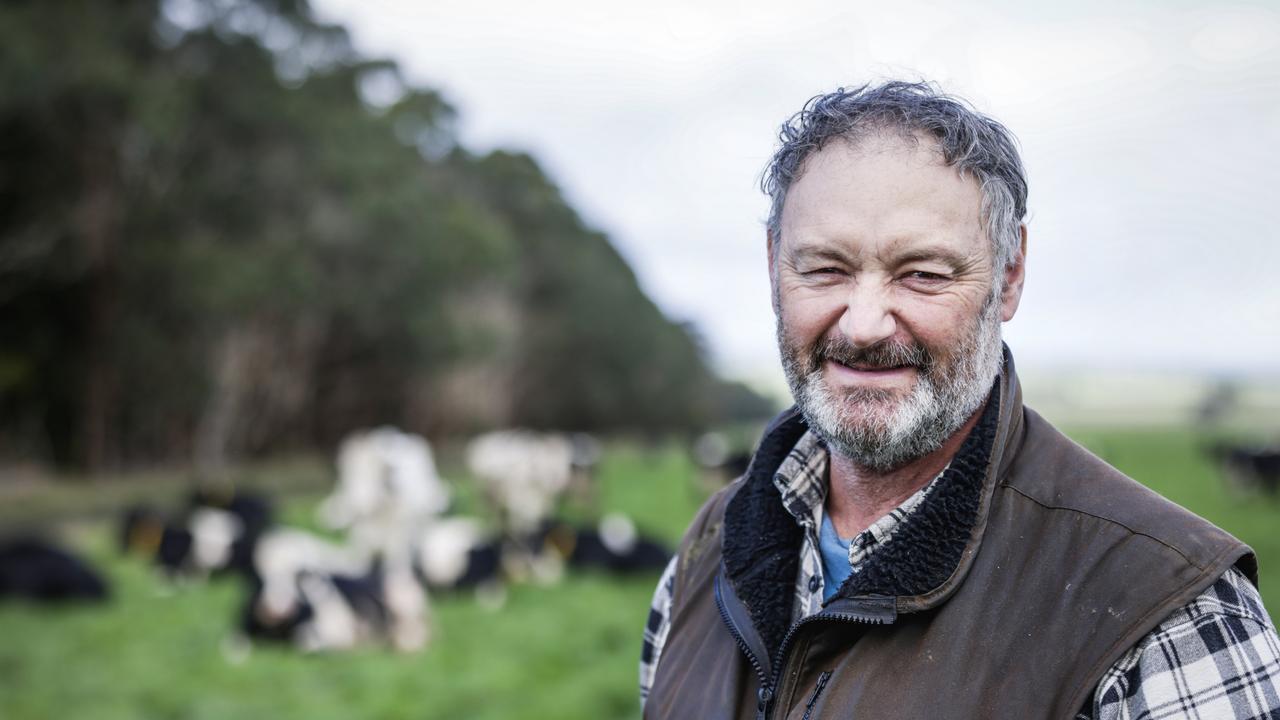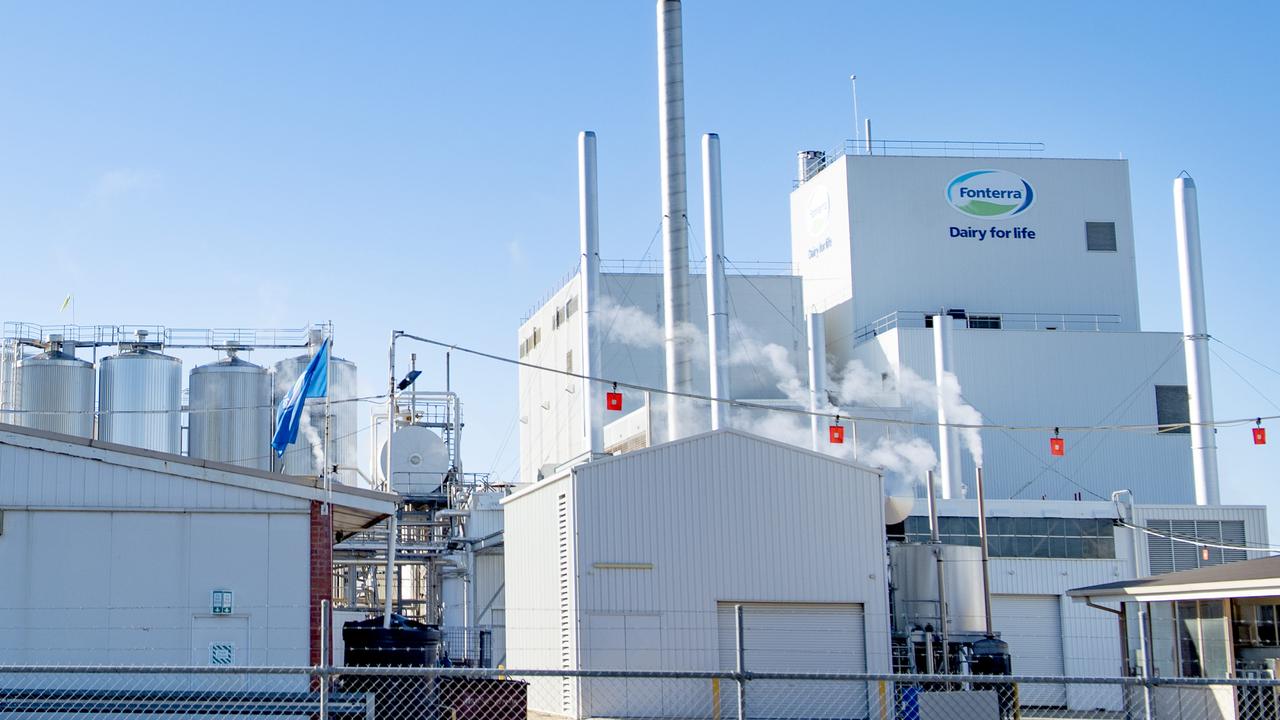Australian dairy farmgate: Smaller players provide strong dairy price start
The $10 per kilogram milk solids barrier was almost broken this season as smaller dairy processors scramble for supply.
Smaller dairy processors came close to breaking through the $10 per kilogram milk solids barrier in a scramble for supply at the start of the new season.
Lactalis lifted its Victorian and Tasmanian offering by 10 cents in a final day bid before the official July 1 start date.
The French dairy giant raised its offering from $9.73 to $9.83 per kilo milk solids — one of the highest offered to kick off the 2023-24 season.
Bulla also weighed in with a last week offer, boosting opening prices by 10 cents across its four supply categories.
A Bulla supplier in its top priced category now receives $9.90/kg MS — a $9.70/kg base price plus a further 20c/kg under its new ‘peak to trough’ pricing initiative.
In the final days before season start, Frestine raised its bid to $9.30/kg MS, up from an initial $9.00/kg MS only a fortnight ago.
Milk2Market exchange commercial development manager Richard Lange said after a slow start with opening offers in early June, processors had raised the stakes.
“Australia’s shrinking milk pool has been a bigger factor this season than previous years,” Mr Lange said.
“Processors need guaranteed supply and after the slow start in late May and early June, there was a growing realisation that prices needed to be at least $9.00/kg MS to remain competitive. “By the end of final week (in June) that was $9.50, $9.60, $9.70/kg MS in Victoria for some of the smaller processors.”

United Dairyfarmers of Victoria vice president Craig Dwyer said the $9.50/kg MS price was needed as input costs also lifted on July 1.
“Electricity prices are now 25 per cent higher. Labour costs are rising as well,” he said.
“Here in southwest Victoria, conditions remain wet and that obviously means more feed being bought off farm at a time when grain prices are high.
“So around that $9.50/kg MS mark and higher is what we need for certainty going into the new season.”
Rural Bank south Victoria regional manager Tony Anderson said strong farmgate milk prices had provided some much-needed optimism in the sector.
“Good returns will likely see production stabilise after consecutive years of decline in the face of labour shortage and increased input costs,” he said.
“Australian dairy prices appear to be increasingly disconnected from global conditions with contracting local production increasing the threat of imports from other regions.”





